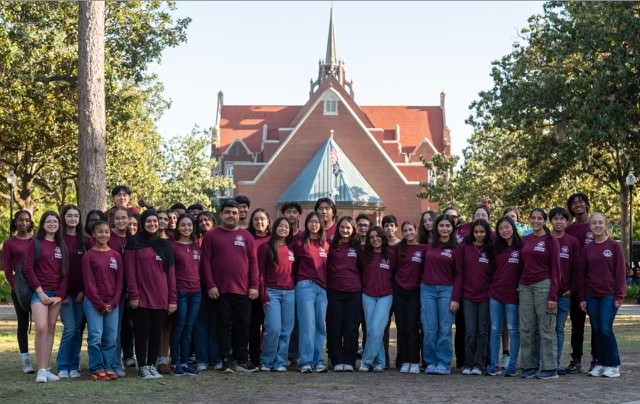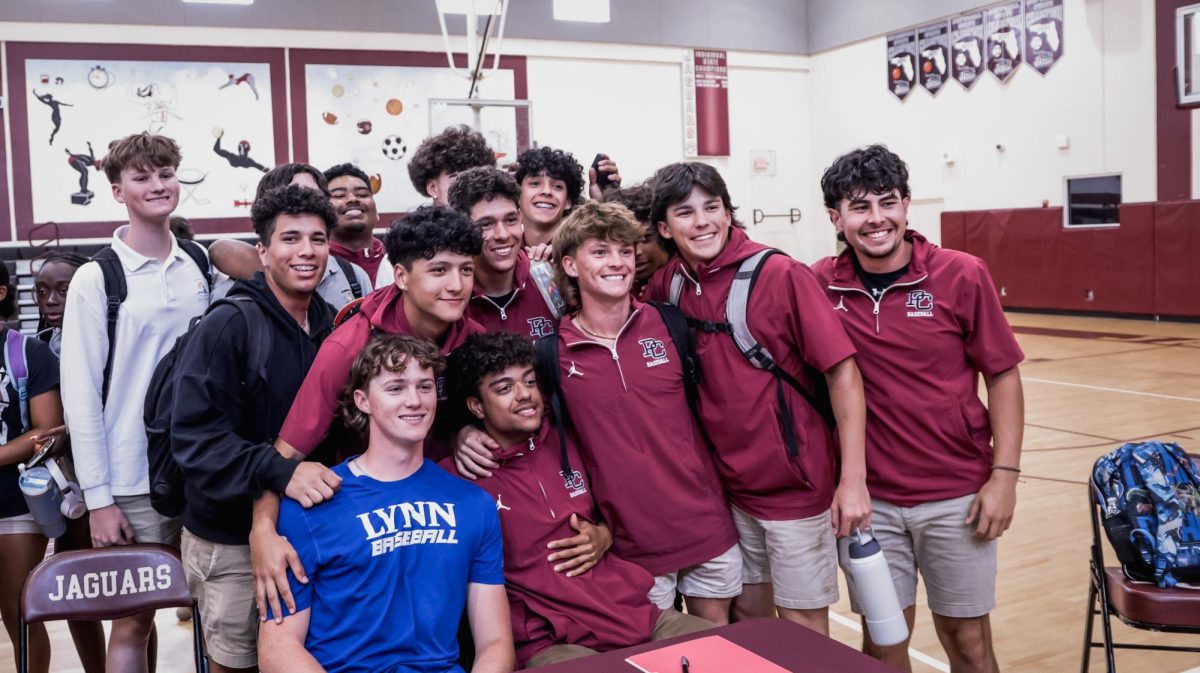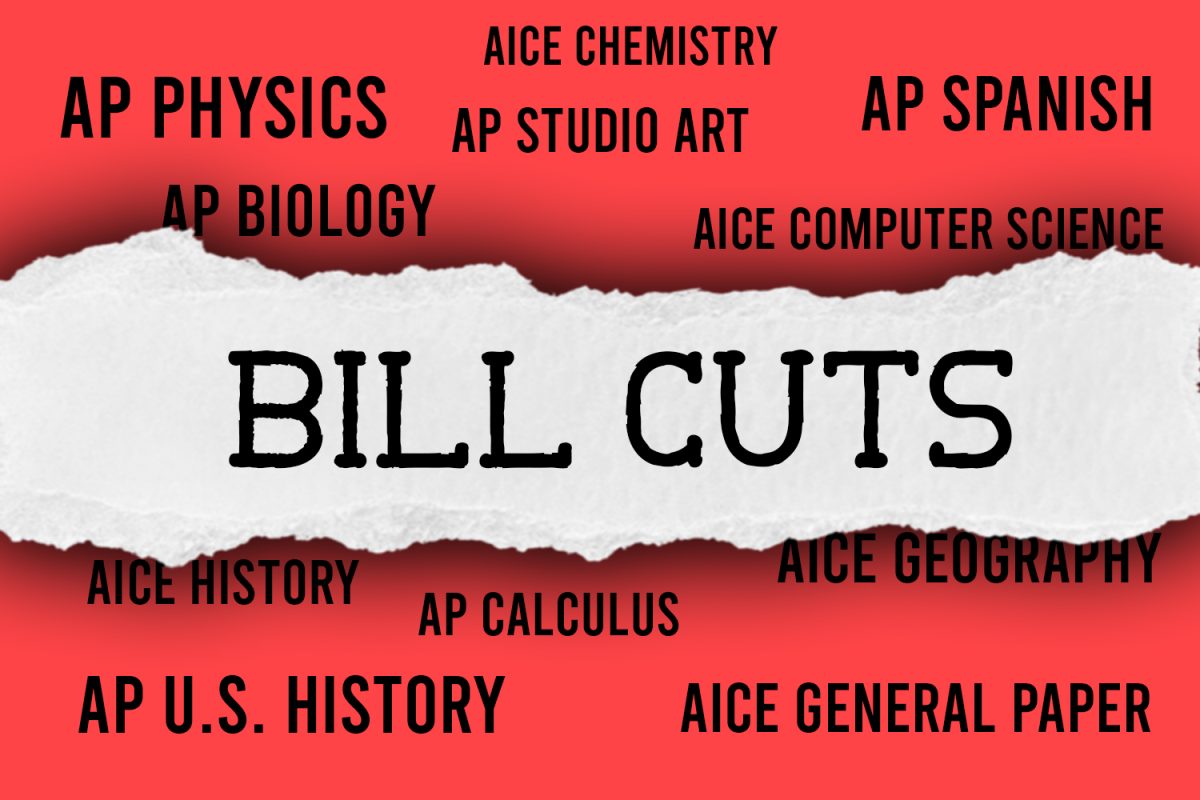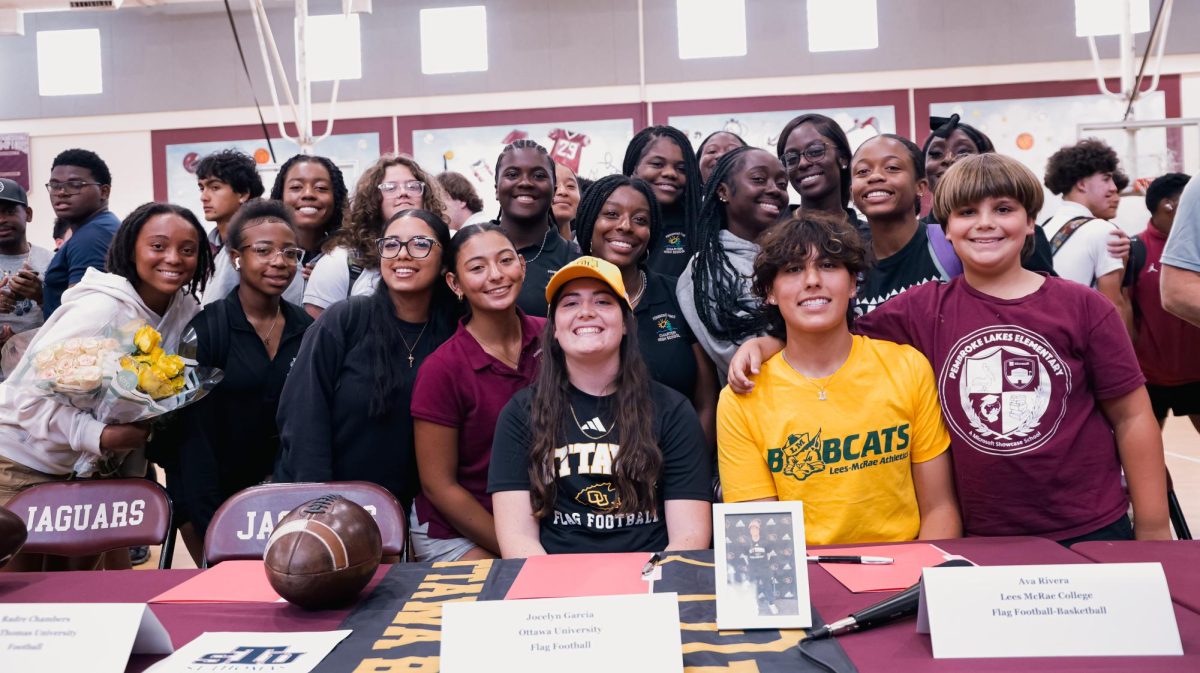Governor Ron DeSantis recently signed a controversial new law banning children under 14 from using social media in Florida. The bill aims to address concerns about mental health and impacts of social media. The bill also requires parental consent for 14 and 15 year old to create accounts.
The bill went into effect this month, and forces platforms like Instagram, TikTok, and Snapchat to verify users’ age and obtain consent for minors. Otherwise, underage social media users face substantial fines. DeSantis states that the law “is about protecting the next generation.”
The new law has sparked various reactions amongst Charter students. Some express concern over losing a primary means of communication and self-expression while others have justified the bill. Freshman Seira Eldho states, “Social media nowadays is used by every high school and middle school student. Taking social media away from students in this generation is only going to cause more issues.”
Students have also acknowledged the potential benefits of the restriction. Sophomore Juan Bustamante states that social media is evidently toxic and has immense drawbacks compared to benefits. “Quite a few students here I know of have been cyberbullied, and the use of social media has been misinterpreted by us all. Hopefully by extending the age of restriction, students will be more mature when they are allowed to use social media,” he explains.
Florida’s online data reflects a growing trend among states to regulate minors’ access to social media, addressing concerns over mental health and online safety. Similar measures have been enacted in states like Utah and Arkansas.
Educators have observed similar positive and negative impacts of social media on students, when recognizing the reactions to the 2024-2025 phone ban in Broward County. PPCHS math teacher Mrs. Kelley comments that the phone ban “helped towards distraction free learning. Now with the social media ban, which mainly focuses on incoming freshmen, these students will likely be less affected by the mental health stigma revolving around social media.”
Critics argue that the law could violate free speech rights and place too much responsibility on parents. Nevertheless, parental involvement allows for parents to have more control over their children’s actions online. Part of the law ensures that personal information collected during verification is not stored, allowing for a lesser likelihood of data breaching and the selling of data behind the backs of parents.
The law is expected to face legal challenges, as opponents argue it infringes both parental rights and constitutional freedoms. For now, Florida highschoolers are left wondering how the new bill will affect their everyday interactions both online and in-person.








